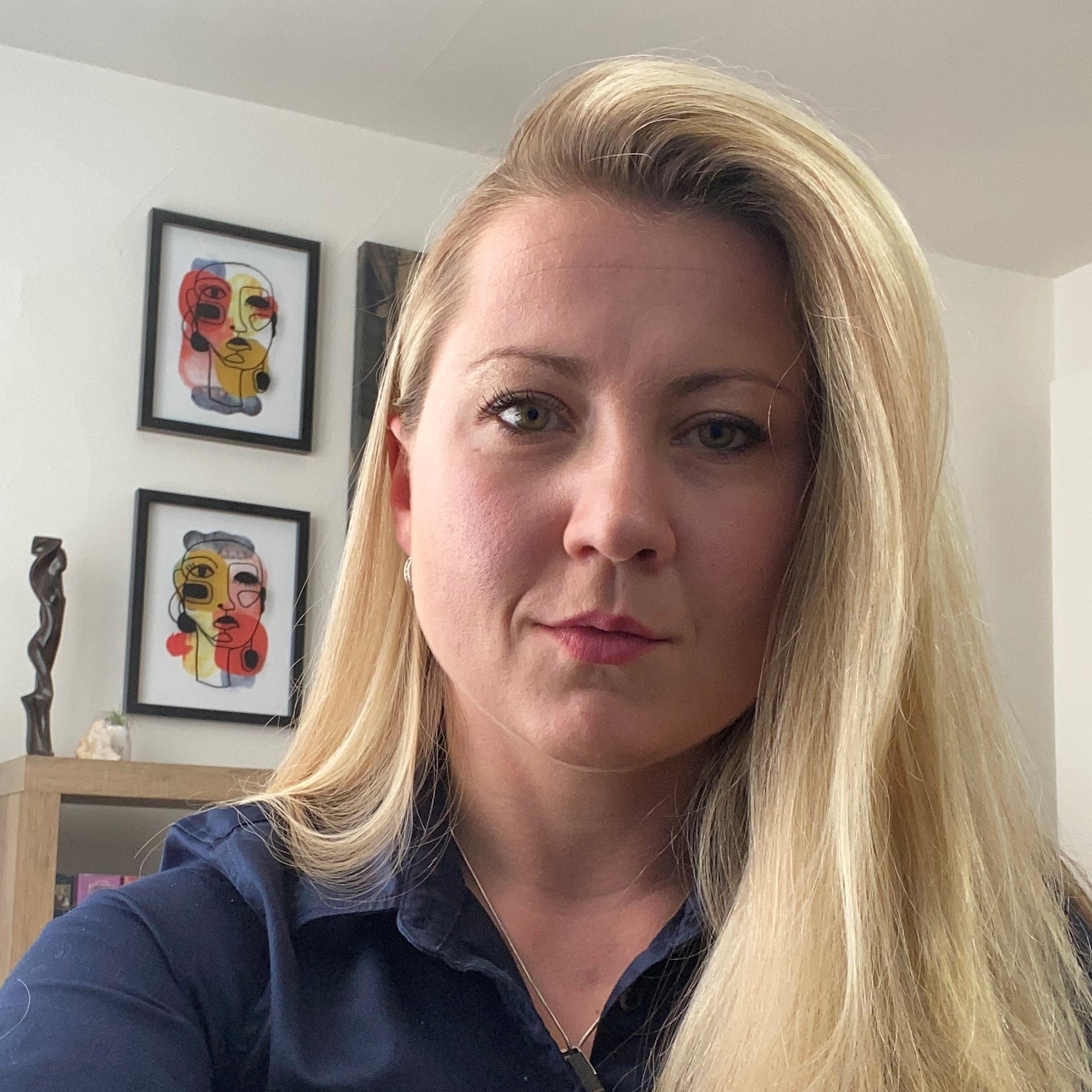Employee Spotlight
June 12, 2023
Marzena Guzik

National Contracted Residential Services (CRS) Coordinator
Health Care for Homeless Veterans (HCHV) Program
Q: How long have you worked for VA?
A: I just hit my 10-year mark in March! Prior to that, I was also an intern with VA.
Q: What has your role been like as a National CRS Coordinator?
A: I oversee close to 300 contracts with community providers for residential services. These range from emergency residential services to very specialized contracts, such as medical respite, low-demand safe havens, and other contracts that are available to communities nationwide.
Q: How do these services help Veterans experiencing homelessness?
A: CRS is both an emergency service and a transitional housing service. When outreach workers engage with homeless Veterans, it's critical to offer immediate and safe housing options. This may not be the ultimate permanent housing option, like an apartment, but it's a safe place where Veterans can stay while they work on their bigger goal of achieving permanent housing.
CRS also provides case management and rehabilitation services. Some of our more specialized contracts offer medical, mental health and substance use services.
Q: Why is it important to you that VA and its homeless programs are accessible to LGBTQ+ Veterans?
A: That's a great question. Historically, certain groups of Veterans have not gotten the same care and treatment as the majority. This has been true for many different populations.
When we look at the LGBTQ+ population, there's a lot of heavy background there. For years, “Don't Ask, Don't Tell” was in place, where LGBTQ+ Veterans were not able to talk about their identity or their family lives. This hindered them and their ability to access services.
The “Don't Ask, Don't Tell” philosophy often carried over into their conversations with the VA. Many times, if those Veterans became homeless, they would be hesitant to discuss their family lives with VA providers, fearing the same repercussions they feared while they were in the service.
A more recent example was the 2019 military ban of transgender Veterans. Active transgender service members were banned from the military and disqualified from receiving services.
We now have to work especially hard to engage those Veterans and create a completely different experience where Veterans are comfortable coming to us when they need help and can speak openly about their situation and what it is that they're experiencing. It will take a lot of work.
Personally, I can tell you that people who have experienced LGBTQ+-linked discrimination are always looking for signs that a particular place is safe and welcoming. When I walk into a new setting, I subconsciously look for signs that would tell me if this is a place where I can be my authentic self. Is this a place where I can talk about my family structure? Is this a place where I can be open about who I am? If the answer to that question is no, you're going to get a very limited version of me and my life experience. So, when Veterans walk into community organizations and VA settings, it's critical that they see signs that this is a place where you can be your authentic self and openly talk about your needs.
It's also fundamental that every program has a comprehensive anti-discrimination policy. There are instances where VA funded community organizations do not provide Veterans with the service they rightfully deserve. In these instances, we can point to the policy and put the provider on notice that this is not acceptable, and they need to do better. That gives us the teeth we need to ensure that LGBTQ+ Veterans get the services they need and deserve.
Q: What is your “why” for the work you do?
A: It’s a bit of a trifecta. First, I have a sincere belief that in this day and age in the United States, people shouldn’t be experiencing homelessness and that we must work hard to eliminate the systemic roadblocks that keep people in the cycle of poverty and homelessness. This is especially true for Veterans who have served this country.
Second, I was fortunate to get a VA internship early in my career and I absolutely fell in love with working with the Veteran population. I admire their resilience, determination and code of honor. I sincerely enjoy the work and the ability to bring resources to this very deserving population.
Third, if you are interested in cutting edge research and years of meticulously collected data on best practices to solving homelessness, the VA is the place for you. Innovation, best practices, scrupulous data-gathering and cultivating a culture of continuous improvement is a part of everything we do to make sure that Veterans get the best care in the world.
For me, that trifecta has made me a part of the VA team for life.
















